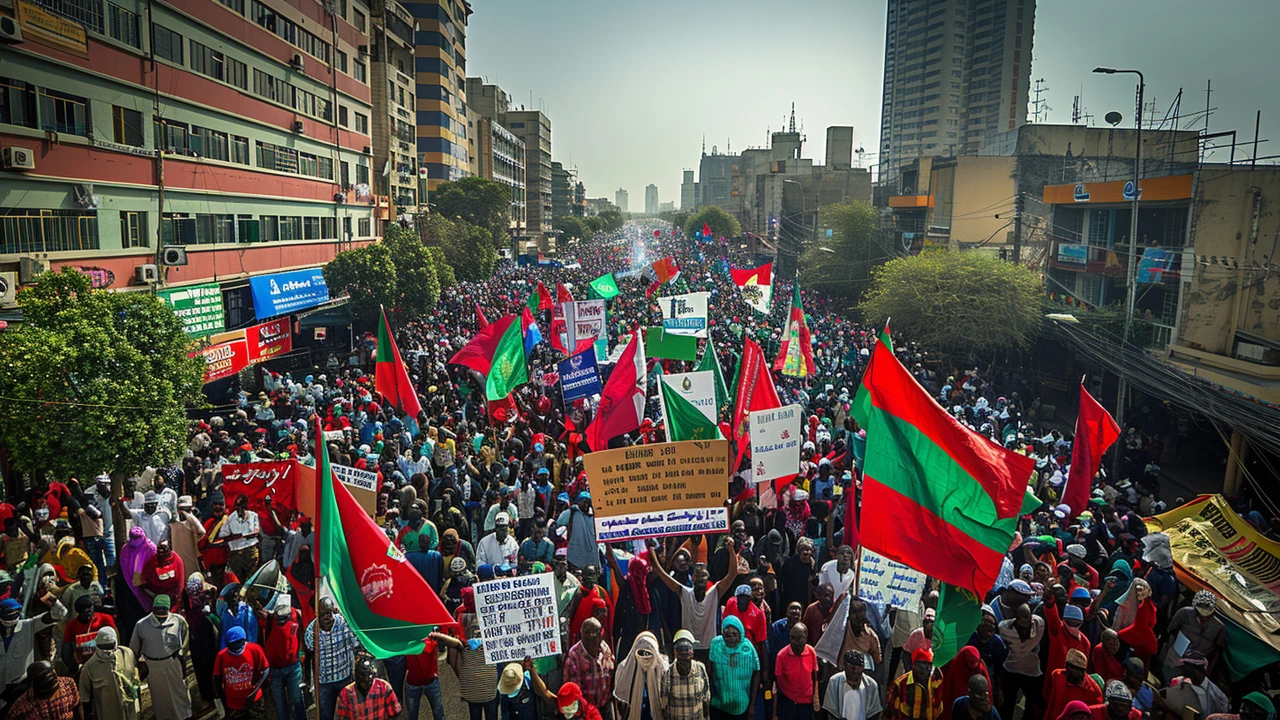Understanding the Minimum Wage Strike and Its Impact
Have you noticed the news buzzing about the minimum wage strike? It's more than just protests – it's a push for fair pay that affects millions of workers. These strikes often happen when workers feel their wages don't cover living costs, sparking calls for change.
In South Africa, where the cost of living has been rising, minimum wage strikes are becoming more common. Workers are demanding incomes that match inflation and basics like food, housing, and transport. It's not just about money; it's about dignity and survival.
Why Are Minimum Wage Strikes Happening Now?
Several factors are fueling these strikes. Inflation has pushed prices up faster than wages, leaving many struggling. Employers sometimes resist increasing pay due to economic pressure, causing frustration on both sides. The strikes aim to highlight these hardships and push governments and businesses to act.
Many sectors, especially retail and domestic work, see strikes because their wages stay low despite rising expenses. When workers walk out, it grabs attention and forces conversations about fair labor standards. This isn't just a local issue; it's happening worldwide where workers want fair compensation for their efforts.
What Should You Watch for in These Strikes?
Keep an eye on how the government and businesses respond. Will there be real changes, or just promises? Also, these strikes can affect services and goods, so being aware helps you plan. Supporting workers' rights, even by staying informed, is key to understanding the bigger picture of economic fairness in our communities.
Minimum wage strikes put labor issues in the spotlight. They remind us how vital fair pay is for quality of life. Stay tuned with reliable news sources like Cape Sun News to follow developments and learn how these events shape South Africa’s future.
Nigeria Labour Unions Launch Indefinite Strike Over Wage Dispute and Electricity Hike
The Nigeria Labour Congress and the Trade Union Congress have initiated an indefinite strike on June 3rd to protest the government's refusal to increase the minimum wage and reverse the electricity tariff hike. Both unions have united in their demand for a N615,500 minimum wage, citing the high cost of living and inaction on the part of the government.

